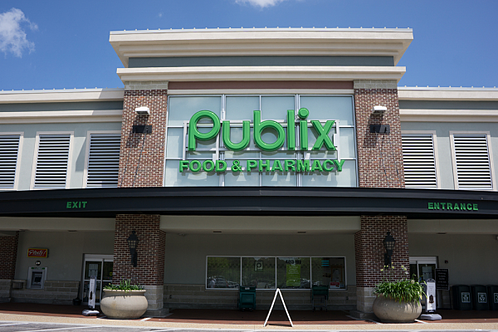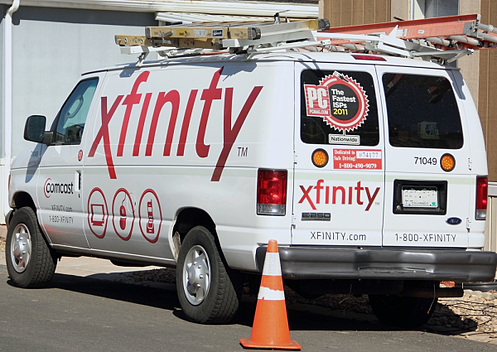Too many people think that marketing is a siloed function of a company, just focused on the realm of media/communications & advertising. But the best companies understand that there are several things that effect the customer's experience beyond just the Four P's. We tend to agree. Any touchpoint that a potential customers' has with your company is a marketing interaction. As much as we'd like to think only advertising speaks to that, we all know in our experience as consumers that simply is not true.
A lot of things affect a customer's perception of a brand beyond marketing communication - customer service, point of sale, website ease of use, in-store experience (if it's retail) or even the parking lot experience. All of these touchpoints, minor or subtle as they may seem to be have the potential of swaying a customer away from doing business with you. Thus, they are worth your attention.
What I'd like to focus on in this post is a company's internal culture. Culture speaks to lots of other things - including customer service, internal communications, the vibe that your brand gives off, even employee training - that can affect a customers' interactions with a brand. I believe focusing on building a strong internal culture is vital to enhance (not detract from) your marketing efforts and a good strategic move for growth. Let's look at a one good example and then a bad one to prove my point.
Publix
Here's a brand that has some strong creative, their seasonal TV being the most memorable. Perhaps you, like my wife- not me!, ahem - have even shed a tear at one of their poignant, family-focused Thanksgiving spots. But seeing "Where shopping is a pleasure" would be a meaningless tagline if your in-store experience did not bear that out. But it does, usually through customer service. The smiling employee willing to help you find what you need, or carry your basket, or take your groceries out to your car for you. They are like the Ritz-Carlton of grocery stores.

That is a result of a quality training program, but more than that a strong internal culture. You can tell the employees enjoy working there and that pours over into how they serve customers. It's hard to deny culture, supporting employees & customer service are all a priority in their vision because of your experience there. That quality experience makes a difference and no doubt effects whether customers shop there or not. Publix has to know that; that's why they have made the investment in creating that quality culture. Now to my bad example...
Comcast
I know, I know - its the company everyone loves to hate. But Comcast (and other teleco/cable companies like AT&T) are the best examples of companies that treat customers (and employees for that matter) like cogs in the machine of their business, not humans. Comcast is notorious for horrible customer service - whether on the phone or in-person and no amount of Jim Gaffigan-starring ads can change that experience. To tie this to culture, it is clear that employees do not enjoy working there. Even with the new Xfinity retail stores, my experience there has still been poor - it might be new and glitzy, but it's still a showroom full of disgruntled employees making derogatory comments about their employer. I haven't even touched on their bizarre pricing, and often poor delivery of product.

Now, it's probable that Comcast and other telecos treat customers this way because they basically have a monopoly in their markets. They don't treat customers well, because they don't have to. But that's just for now - phone and cable sign-ups are on the way out and the world is changing. Comcast would be smart to invest in training, developing a strong internal culture first rather than a multi-million dollar national TV campaign. Otherwise, their future will not be awesome.
The culture of a company doesn't just stay within it's four walls - it oozes out into every interaction with a potential customer, as well as vendors, their employees and their families. The most successful companies in history have understood that building a strong culture and all that comes with it is paramount to their growth. Marketing can't change culture. It's one of those internal, intangible things that stock investers hate, but in the long run it can make or break a business.
What brands have you noticed that have cultures that enhance or detract from their marketing? Leave a comment and let us know.
Mon, Dec 22, 2014 @ 13:12 PM





Comments